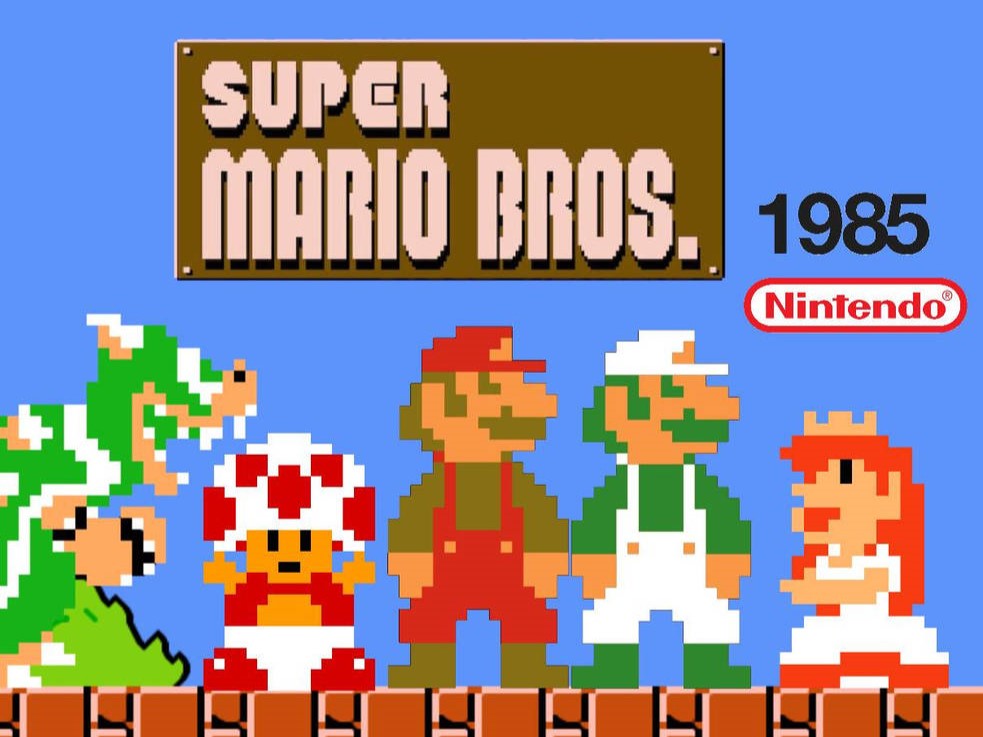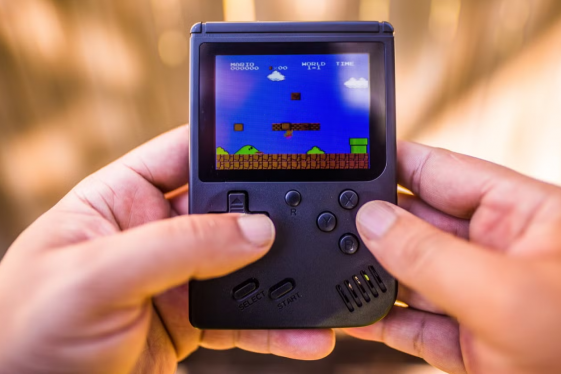

BY: We the Italians Editorial Staff
On Sept. 13, 1985, Nintendo launched Super Mario Bros., introducing numerous innovations in video game design, establishing conventions that are still followed today. Super Mario Bros. was not only an extraordinary commercial success, selling over 40 million copies, but it also became a global cultural phenomenon, showing video games could be a sophisticated form of art and entertainment.
In 2018, the real 'Super Mario' passed away, the man from whom the video game hero took his name. Mario Segale, born in Seattle, Washington, to first-generation Italian immigrant farmers, rented a warehouse to Nintendo of America in the 1980s, who then decided to name the star of their new video game after him.
Mario is a cultural figure that has transcended the world of video games. Yet, while his image is recognized worldwide, some cultural perceptions of the character have sparked debates over the years, particularly regarding whether Italians find the character offensive. These discussions have evolved, especially in light of the growing awareness of how Mario is perceived in both the United States and Italy.
A recent shift in perspective highlights that, contrary to what some might have assumed, Italians generally do not find Mario offensive. This is in stark contrast to previous assumptions that his portrayal—complete with exaggerated Italian stereotypes—could be seen as derogatory. In fact, many Italians have embraced Mario as a beloved symbol of fun and pride, with little to no concern about any negative connotations tied to his Italian roots.
The discussion took a significant turn in 2021 when the press pointed out how Americans, in particular, have only recently begun to acknowledge this fact. For many years, the stereotype of Mario as an over-the-top, perhaps even cartoonish, Italian figure was perceived by some as a point of contention. However, the growing popularity of Mario in global culture, alongside changing attitudes toward ethnic representations in media, has allowed for a more nuanced understanding. Italians, the article suggests, are more inclined to see Mario as a fun, light-hearted, and endearing character—one that does not necessarily reflect the complexity of Italian culture but rather embraces the playful, whimsical qualities that the character embodies.
From a broader cultural perspective, Mario has come to symbolize more than just a nationality or profession. Mario’s image is that of an everyman, someone who represents the working-class hero—a common trope in global media. His job as a plumber may seem humble, but his status as a hero who overcomes challenges and rescues the princess, Peach, aligns with the timeless archetype of the underdog. This resonates with audiences worldwide, transcending national boundaries and allowing Mario to remain an enduring symbol of fun and perseverance.
In fact, Mario’s appeal goes beyond the realm of gaming. He has become a cultural touchstone in his own right, influencing everything from merchandise and cartoons to movies and theme park attractions. His visual design—his red cap, blue overalls, and mustache—has become a signature look instantly recognizable to fans of all ages. The shift in how Mario is perceived in Italy and the broader world reveals an evolving relationship with the character: one that is no longer just about nationality, but rather about universal joy and the shared experience of playing video games.
Moreover, the debate over Mario’s Italian identity underscores a larger conversation about how ethnic stereotypes are portrayed in media. While there has been criticism of other cultural representations in video games, Mario has largely remained exempt from such scrutiny. Italian audiences, by and large, have not viewed Mario as offensive, and instead see him as a beloved figure in popular culture.
In conclusion, Mario is more than just a video game character—he is an icon, beloved by millions across the world, and his portrayal as an Italian American plumber is seen by most as a charming, albeit humorous, aspect of his identity. Italians themselves are largely indifferent to any potential offense, instead focusing on the joy that Mario brings. As video games continue to shape and influence global culture, Mario will likely remain a beloved figure—a symbol of resilience, humor, and, most importantly, fun.
You may be interested
-
'Super Mario' turns 40: Gaming's greatest tri...
In the early 1980s, Japanese video game company Nintendo set up its American operation in...
-
7 Surprising Insights About Super Mario
Unlike other popular brands from the 1980s, Super Mario has endured, with more iterations...
-
A First Look Inside the Incredible Super Mari...
When Super Nintendo World opens at Universal Studios Hollywood next month, amusement parkg...
-
Al Guerriero (Author of the book "From Fra An...
In today's world, language is something extremely delicate. Whether it is good or bad, we...
-
An Italian made the story of the Nintendo: wh...
If you think of the world of video games there is no more famous and iconic character of S...
-
Andrè DiMino (President of the Italian Americ...
Perhaps the most important of the things we struggle to understand here in Italy, regardin...
-
GDC 2025: San Francisco, Video Game Capital,...
The 39th annual Game Developers Conference (GDC) took place from March 17 to 21, 2025, at...
-
March 10 is National Mario Day
The reason why fans of this game have chosen March 10 for a holiday is that March 10, when...










